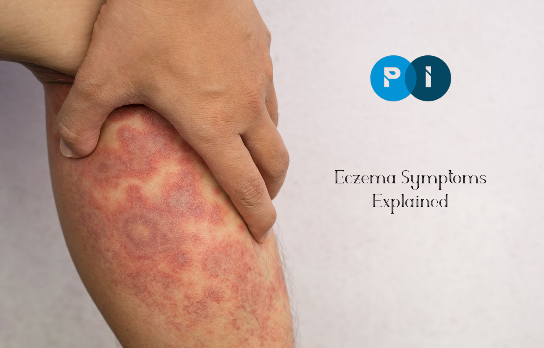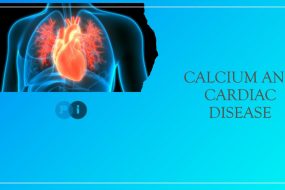
Eczema, also referred to as atopic dermatitis, is a chronic skin ailment that impacts millions of individuals around the world. This skin condition is known for its severe itching, red rash, dry, rough, scaly patches, blistering, crusting, and swelling. While these symptoms may appear insignificant, they can significantly impact a person’s quality of life and daily activities. In this article, we will discuss the symptoms of eczema in detail and the ways in which they can affect those who suffer from this condition.
[content-egg-block template=offers_tile]
Symptoms of Eczema:
One of the most common symptoms of eczema is severe itching. This intense itching can interfere with sleep and cause significant discomfort, particularly at night. Scratching can further irritate the skin, making the rash worse. In severe cases, scratching can cause the skin to break, leading to infections and scarring.
Another common symptom of eczema is a red rash that typically appears on the face, neck, inside of the elbows, behind the knees, and on the hands and feet. The rash may be raised and bumpy, accompanied by small blisters that can break and crust over. Scratching can cause further irritation and swelling.
Dry, rough, scaly patches are also common in eczema. The skin can become dry, itchy, and flaky, and the patches may become thick and scaly. The dryness and scaling can make the skin look dull and lifeless, and it can be uncomfortable and itchy. The skin can also crack, making it easier for bacteria to penetrate and cause infections.
Blisters are another typical symptom of eczema. Small blisters may form on the skin, filled with fluid. These blisters can be painful and itchy, and they can break and crust over. The blistering can be a sign of a more severe form of eczema and can be accompanied by redness, swelling, and increased itching.
Crusting is also a symptom of eczema. The skin may become thick and scaly, forming a crust-like layer over the affected area. This crust can be dry and itchy, making it difficult to move the affected limb. The crusting can also make the skin look unsightly and be a source of embarrassment for those affected by the condition.
Areas of swelling are another common symptom of eczema. The skin may become red and swollen, feeling warm to the touch. The swelling can be accompanied by increased itching and make the affected area feel tight and uncomfortable. In severe cases, the swelling can interfere with movement and cause discomfort and pain.
In conclusion, eczema is a chronic skin condition that affects millions of people worldwide. Its symptoms can have a significant impact on a person’s quality of life and daily activities. Seeking medical attention to manage the symptoms is crucial for those affected by the condition. With proper treatment and management, people with eczema can lead happy and healthy lives, free from the discomfort and embarrassment of this condition.






